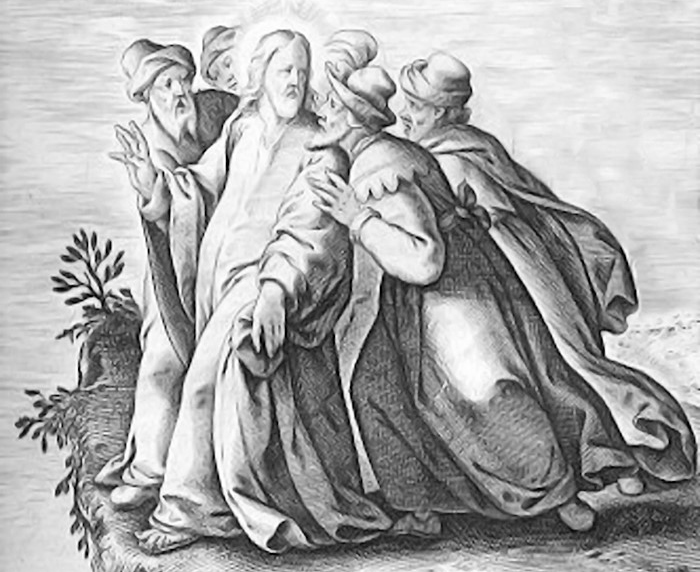When Jesus heals, it is a metaphor for the healing of our hearts and our minds, our spirits. So, when he is in his hometown, and they ask him to do the miracles that he does abroad, he cannot perform the miracles. He cannot perform the miracles, because the people of his home do not know that they are sick, they do not know that they are blind, they do not know that they are lepers and beggars. They do not believe in Jesus as a prophet, because they do not know that they need his message. Jesus cannot heal them of blindness, because they will not admit that they are blind. They must first recognize their ailment, before the words can heal them.
So it is with us, if we do not know that we are enslaved, we do not seek freedom. If we do not know we are blind, we do not seek to see. If we do not know we are deaf, we do not seek to hear. We cannot even imagine what light is, if we have never perceived the light. We cannot imagine music, if we have never heard. And if we say that there is no light, that there is no sound, then the man who comes to give sight, and to give hearing, carries the gift in vain. Humility is required to partake of the miracle.
Jesus would love to heal the people of his hometown. But he cannot, because they refuse the blessing.
Jesus Rejected at Nazareth (Luke 4:14-30)
14 Jesus returned to Galilee in the power of the Spirit, and news about him spread through the whole countryside. 15 He was teaching in their synagogues, and everyone praised him.
16 He went to Nazareth, where he had been brought up, and on the Sabbath day he went into the synagogue, as was his custom. He stood up to read, 17 and the scroll of the prophet Isaiah was handed to him. Unrolling it, he found the place where it is written:
18 “The Spirit of the Lord is on me,
because he has anointed me
to proclaim good news to the poor.
He has sent me to proclaim freedom for the prisoners
and recovery of sight for the blind,
to set the oppressed free,
19 to proclaim the year of the Lord’s favor.”[a]
20 Then he rolled up the scroll, gave it back to the attendant and sat down. The eyes of everyone in the synagogue were fastened on him. 21 He began by saying to them, “Today this scripture is fulfilled in your hearing.”
22 All spoke well of him and were amazed at the gracious words that came from his lips. “Isn’t this Joseph’s son?” they asked.
23 Jesus said to them, “Surely you will quote this proverb to me: ‘Physician, heal yourself!’ And you will tell me, ‘Do here in your hometown what we have heard that you did in Capernaum.’”
24 “Truly I tell you,” he continued, “no prophet is accepted in his hometown. 25 I assure you that there were many widows in Israel in Elijah’s time, when the sky was shut for three and a half years and there was a severe famine throughout the land. 26 Yet Elijah was not sent to any of them, but to a widow in Zarephath in the region of Sidon. 27 And there were many in Israel with leprosy[b] in the time of Elisha the prophet, yet not one of them was cleansed—only Naaman the Syrian.”
28 All the people in the synagogue were furious when they heard this. 29 They got up, drove him out of the town, and took him to the brow of the hill on which the town was built, in order to throw him off the cliff. 30 But he walked right through the crowd and went on his way.
